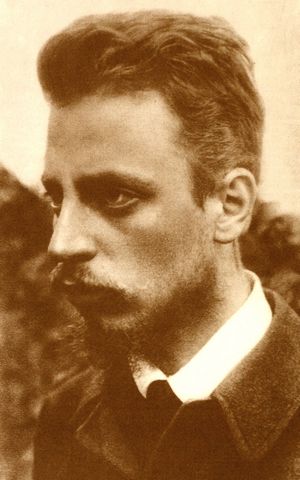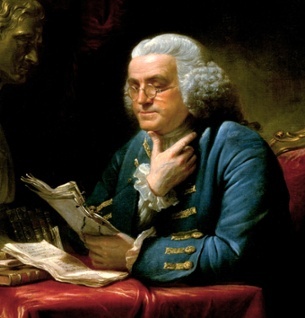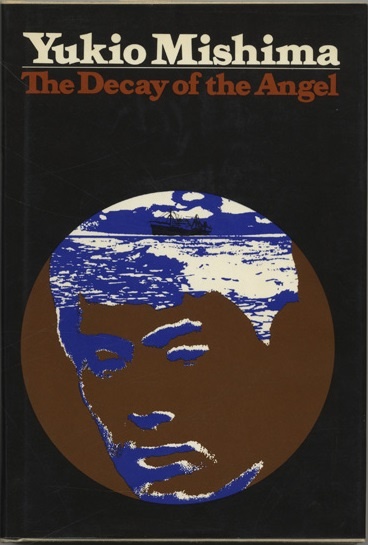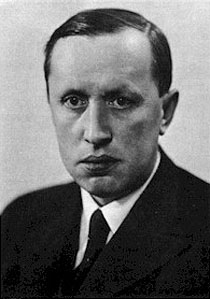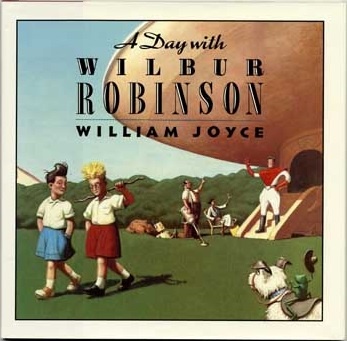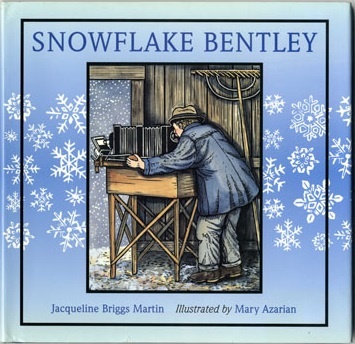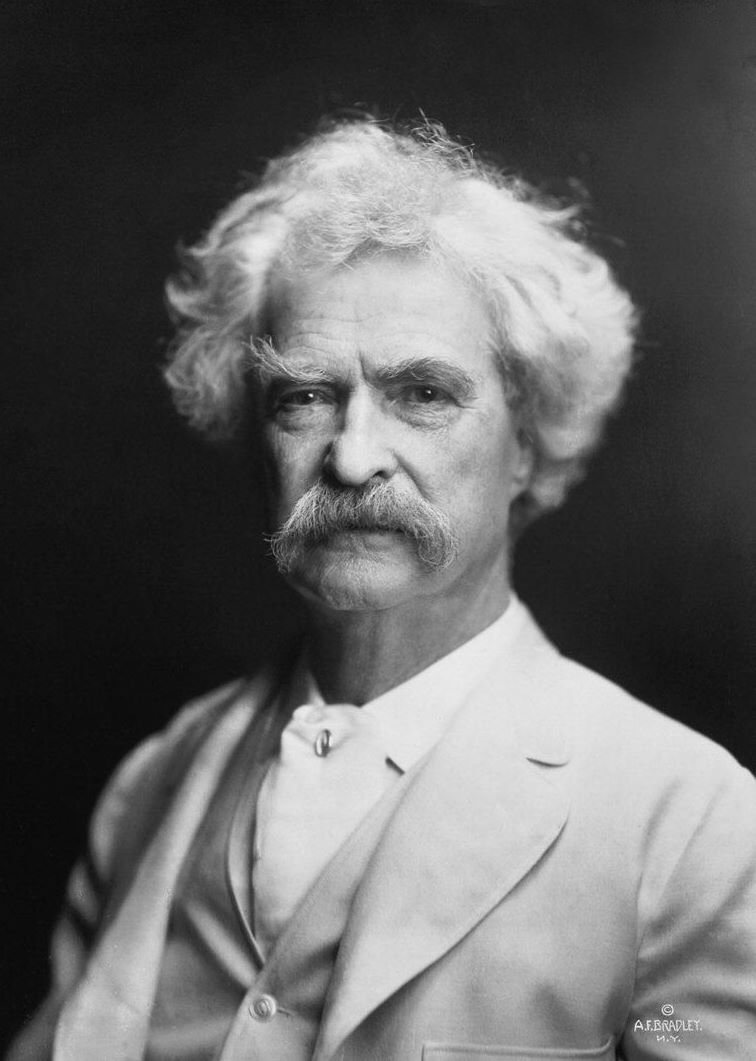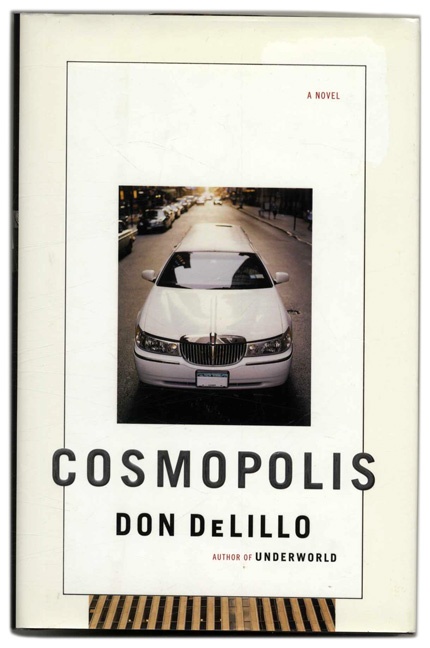Rainer Maria Rilke was a Bohemian-Austrian born in Prague in 1875. Throughout his life, Rilke searched for a way to reconcile religion, philosophy, and art. The closest he came was when he traveled to Russia with Lou Andreas-Salomé, his close friend and confidant. Rilke glorified Russian peasant life. To him it seemed that Russians were inherently more moral than their European equivalents. What led Rike to this determination? What were the greatest influences on arguably one of the most adept lyrical poets the German language has to offer?
us toll free: 1-800-948-5563 international: +1 (843) 849-0283 UK: +44 (0) 1334 260018





